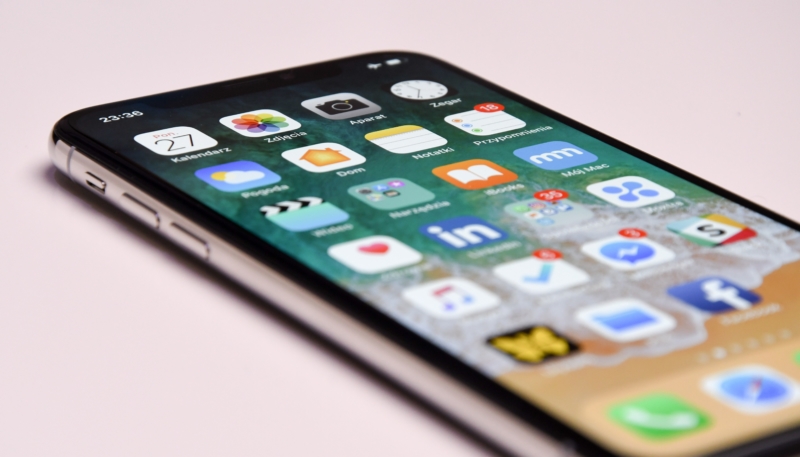Apple and Qualcomm presented closing arguments on Wednesday, as the end of their iPhone modem patent infringement trial nears. While Qualcomm used its time to focus on a particular patent, Apple used its time to argue Qualcomm was mad because Apple switched to Intel modems for its iPhone.
As a quick refresher, the trial centers on three patents, which Qualcomm alleges Apple infringed upon on certain versions of the iPhone. One patent relates to how quickly a device reconnects to the internet after booting up. A second relates to graphics processing and battery life, while a third covers technology that improves downloading bata by using the apps processor and the modem.
CNET reports Qualcomm spent its time focusing on the boot up patent during closing arguments. That patent is the one that former Apple engineer Arjuna Siva contributed to, but was not named as a co-inventor in the patent filing. Siva, in testimony from earlier this week, said he doesn’t view himself as a co-inventor. Following his testimony, Apple threw shade on Siva’s testimony, saying someone had tried to sway his testimony.
In closing remarks, Qualcomm lawyer David Nelson made sure to remind the court that Siva doesn’t see himself as a co-inventor:
Qualcomm counsel David Nelson pointed out on Wednesday that Siva testified he wasn’t “claiming to be an inventor.” Siva also said he hadn’t read the language of the patent. “What were they trying to hide?” Nelson said in his closing remarks, referring to Apple’s defense. “Why not show him those things?”
In Apple’s turn at bat, Apple counsel Juanita Brooks said Qualcomm’s “real motivation” for the patent lawsuit is due to Apple’s switch to Intel for the iPhone’s modems.
“This case started when we started using Intel as a second source,” she said. “Qualcomm went into a drawer, dusted off some old patents, and threw them against the wall to see if they’d stick.”
She said Qualcomm was supplying chips to the rest of the mobile industry during that time. “We … should also be able to date somebody else,” Brooks said.
In his rebuttal, Nelson denied the claim. “It doesn’t have anything to do with that,” he said, “We’re entitled to get return on our intellectual property.”
Qualcomm is seeking $31 million in damages ($1.40 per infringing iPhone). While the end of this trial has neared, the pair will be back at it next month, this time their row will be over Qualcomm’s royalty practices.
(Photo by Przemyslaw Marczynski on Unsplash)


